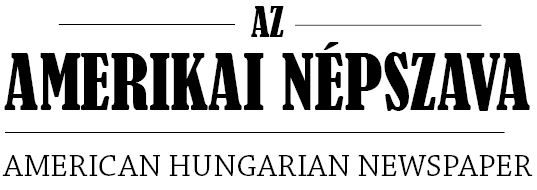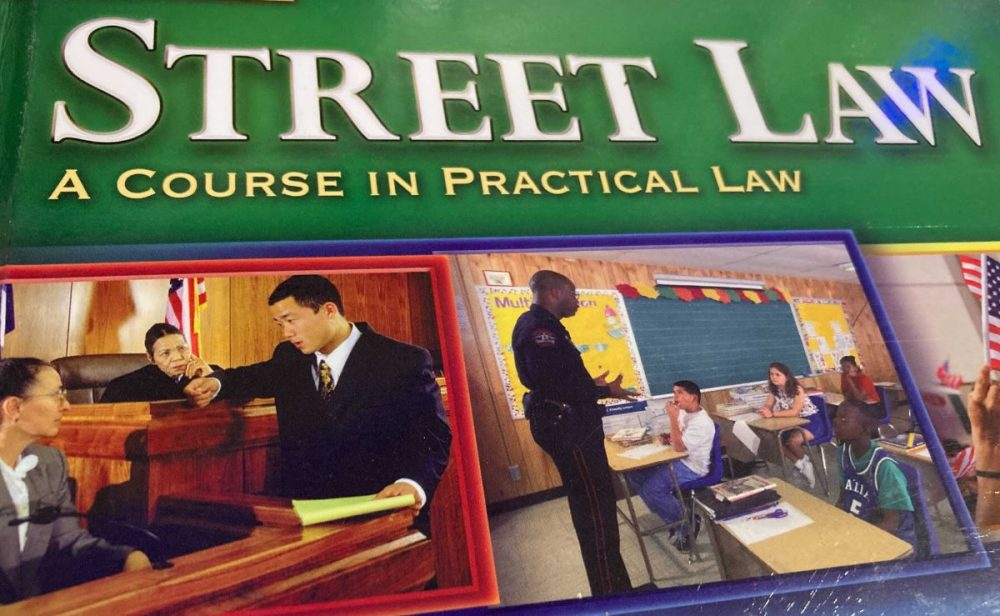By Rebecca Bartus
The biggest case concerning students’ free speech rights in the last 50 years has been taken up by the Supreme Court with the case of Mahanoy Area School District v. B.L.
Freshman cheerleader Brandi Levy posted a profane message on Snapchat after not getting selected for the varsity team. The high school’s reaction was to suspend her from the JV team for one year. Levy sued the school district with the support of the ACLU (American Civil Liberties Union), claiming that her First Amendment rights were violated, and the Supreme Court is expected to make a decision soon.
Although the school claims that Levy’s posts disrupted the community, pressure is looming on the Supreme Court as this case has the potential to change student rights forever.
“I hope that the ruling states that the school cannot punish the student for what they have said about the school,” cheerleader and sophomore Kenza Allen said. “It was [off] campus and if a place had the right to punish someone for saying something negatively about them that would directly be attacking the rights protected by the First Amendment.”
Precedent case: Tinker v. Des Moines
There seems to be a never ending battle about the proper balance for students’ rights to self expression and disciplinary measures by school officials.
A similar situation unfolded in the case of Tinker v. Des Moines, where students were suspended for wearing black armbands to protest the Vietnam War.
The Supreme Court defended the students and declared that they “don’t shed their First Amendment rights at the schoolhouse gate,” as long as school activities are not disrupted. Some legal analysts predict that the Tinker ruling will serve as precedent in Levy’s case.
Do schools have the authority to regulate what students can post on social media?
However, with the dawn of the height of the Internet era, schools across the nation are struggling to find the correct boundaries for holding students accountable. The Levy case has shown that the fight for student rights has now entered the online world and is no longer only a debate within school walls, like it was in the Tinker case. With these developments, students feel outraged at the thought of their social media accounts dictating their academic future.
“I would honestly feel aggravated because the school isn’t in charge of what I post on social media, and also many people I know have negatively commented about a class/school on social media too,” Allen said.
Due to the unlimited scope of the Internet, even more confusion has ensued about the role of schools in controlling off-campus public communication. These arguments about censorship have recently been in the spotlight as the blur between online and in-school speech intensified due to virtual learning during the COVID-19 pandemic.
“Schools should not have the right to punish students for posts off campus,” Allen said. “They should deal with issues inside of school territory, other than that it would seem that the school is limiting free speech outside of its campus.”
Mahanoy School District vs. Levy arguments
However, the lawyer for the Mahanoy district argues that Levy did indeed cause a disruption on the cheerleading team and showed poor sportsmanship. They believe that targets aimed at the school should be punished, no matter where they are said.
On the contrary, the ACLU’s lawyer responded that such speech needs to occur under the school’s supervision, otherwise the student is protected by the First Amendment. Levy’s attorney, David Cole, has warned that if the court rules in favor of the school district, there is a danger of students having to “carry the schoolhouse on their backs in terms of speech rights everywhere they go.”
If Levy’s post is considered to be a disturbance, what rules and policies are in place to determine what makes it so? If there are none, then there are no limits to what school officials may pick out and use to punish students, which can have the potential to be a direct threat to free speech.
“I think that these situations are blurry and there is no fine line of what the school can and cannot suspend students for what they say on social media,” sophomore Heidi McLean said. “If the school district is in favor then they will have more power over students. This power will allow schools to silence students in cases where it may be unnecessary.”
The ethics and legal implications of using social media as an emotional vent
Although school officials might not have agreed with Levy’s word choices in her post, justices have discussed that it is not surprising that a teen would use this kind of language, especially in times of stress and frustration. Justice Brett Kavanaugh has noted, “She blew off steam like millions of kids” and called the school’s response as “disportionate punishment.” If the court decides to place off-campus speech in the hands of schools, administrators may have the right to punish students all day long.
“We all get frustrated and say negative things about others, it is human nature,” McLean said. “The only difference is that students are doing so on social media. This may be unappealing to adults, but you have to understand that we were born into a technological world and social media has been around for our entire lives. For some, it is the only place that they feel they can express themselves, so it makes sense that a student might post about their feelings. It is no different than you talking about someone negatively with a friend.”
Even though Levy’s post was against many peoples’ ethical values, the proper medium for where the punishment should take place still needs to be considered. In order to preserve students’ free speech rights, a better solution would be having a structured liability system established on social media platforms. This would hold users accountable directly where the offense occurred, without having an off-campus situation extend into school affairs.
Another weakness in the school’s argument is that they never had the cheerleading team sign an agreement that posting any derogatory statement about school-related activities is prohibited. If they had done so, the school could have rightfully accused Levy of a breach of contract. However, this was not the case and their policies regarding this issue were not clear. Therefore, in reality, the school has no basis as to what they are punishing Levy for.
“I don’t think that the school has the right to suspend the student,” McLean said. “People share their opinions of others all the time in conversations and on social media. Although it may have been morally wrong for the student to say bad things about the school, she was upset and there is no disciplinary reason that the school had to suspend her.”
The ACLU has also released a statement that schools may only punish student speech if it is a form of harassment, bullying or discrimination. However, Levy’s post did not attack anyone directly nor did it express intolerance against any minority group. Consequently, suspending her for what was essentially an opinion would unquestionably violate free speech rights.
“Freedom of speech is a basic human right and schools should not have the authority to interfere with this freedom in any way,” McLean said.
Free speech as the foundation for societal change
Sharing opinions is the fundamental trigger for positive change, and suppressing this action not only hinders the ability for society to be one step closer to a better world, but also implants the false understanding in students that they need to remain silent and not let their opinions be heard. This can have disastrous long-term consequences, especially in times of injustice when speaking up is nearly the only device for change. This country is built on the belief that each individual has a voice that can and should be heard, and school officials should not only acknowledge this idea, but also embrace and encourage it.
“I hope that the ruling is in favor of the student,” McLean said. “As a student myself, the prospect of losing my voice in an already authoritative environment is very scary. I understand that the school needs rules to keep everyone safe, but allowing them to silence us is taking it too far.”
(Az írás eredetileg a Naples High School online újságjában jelent meg.)












